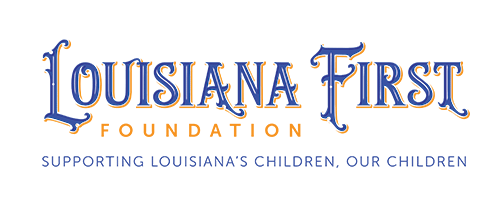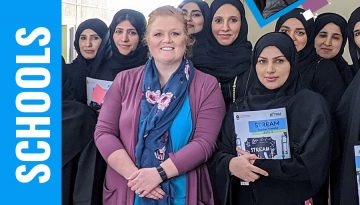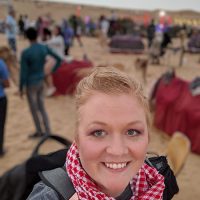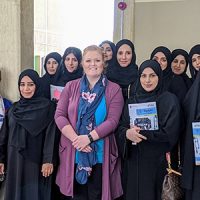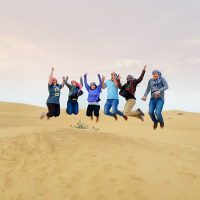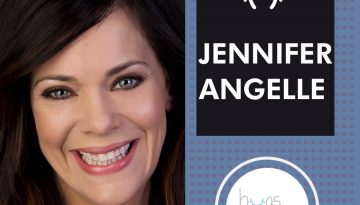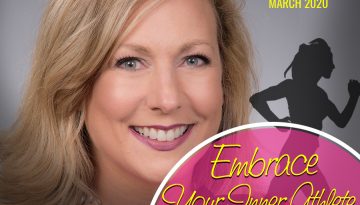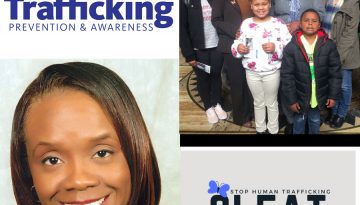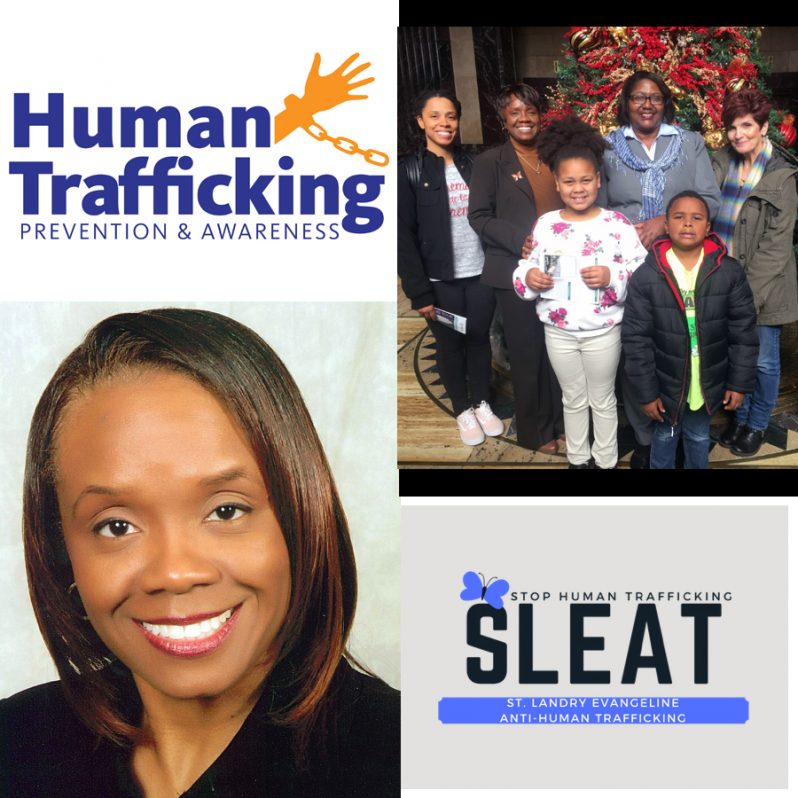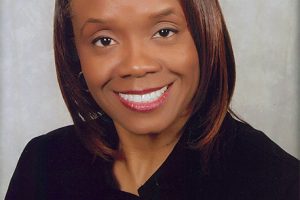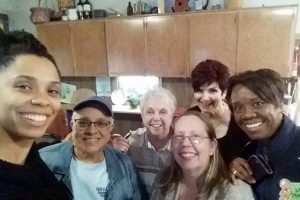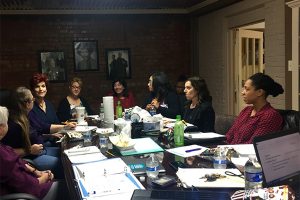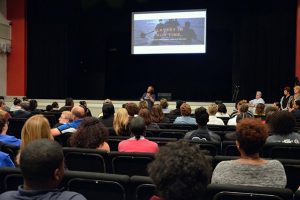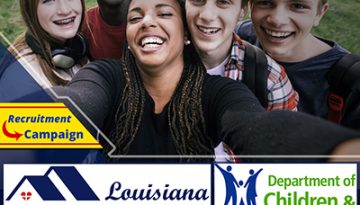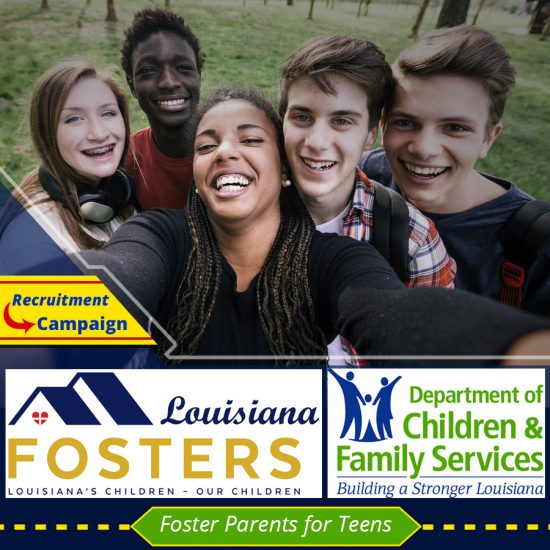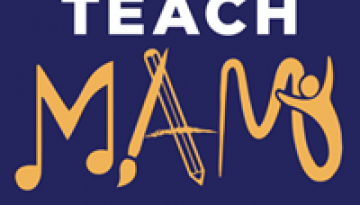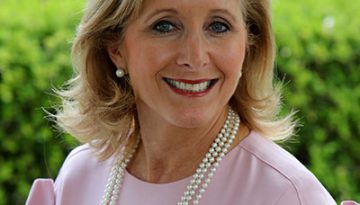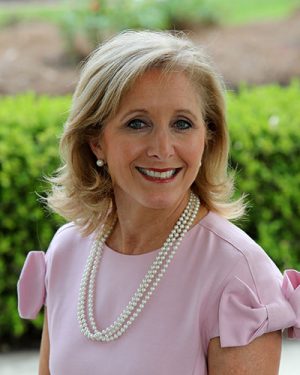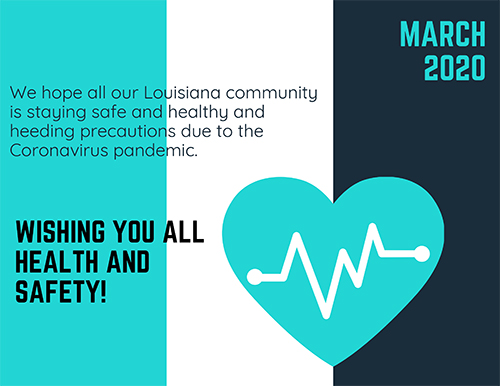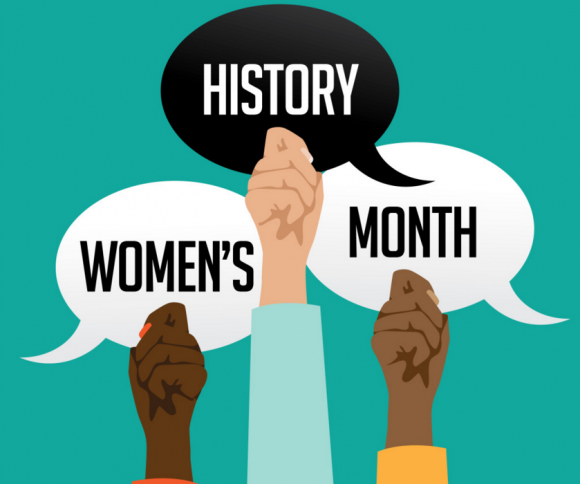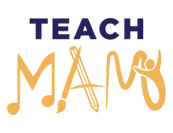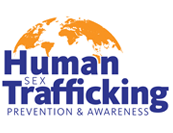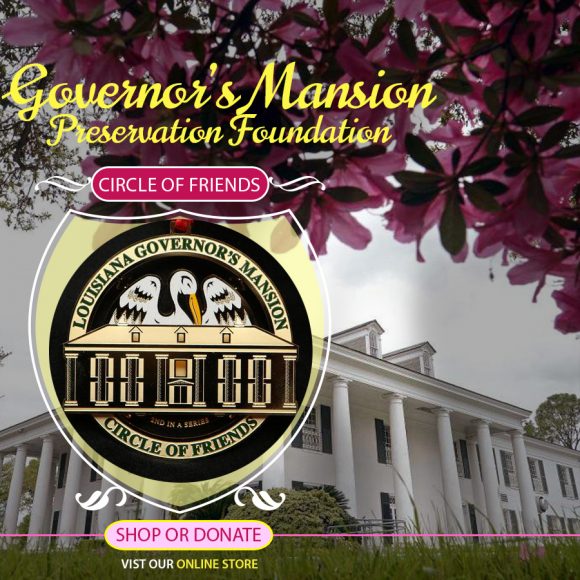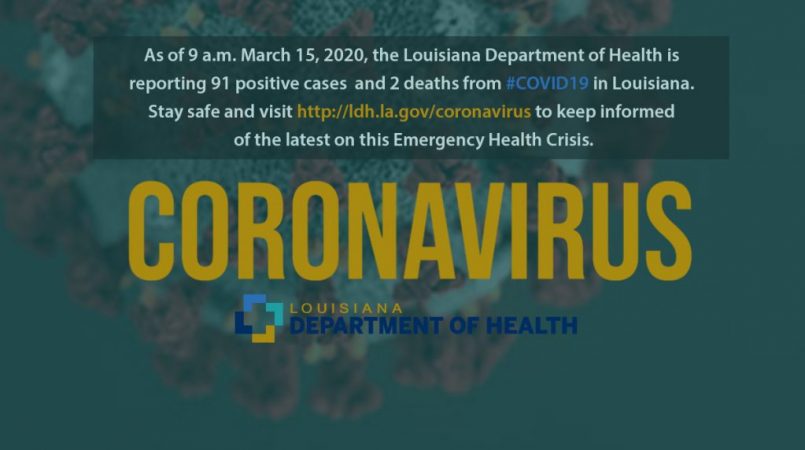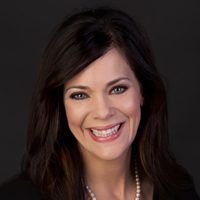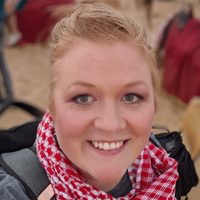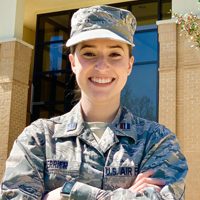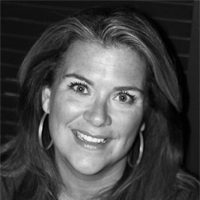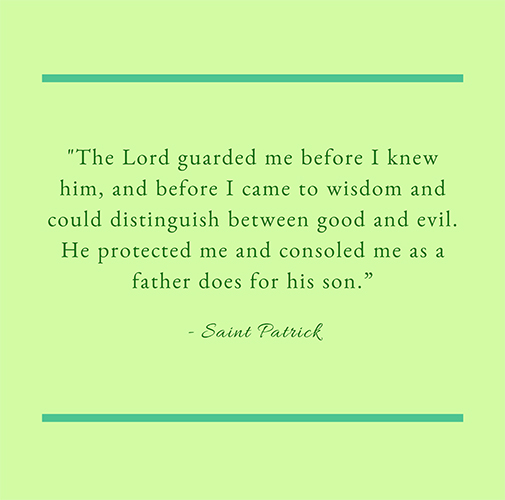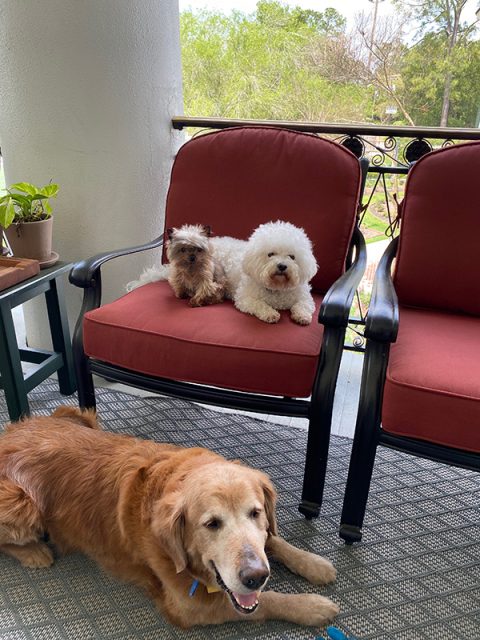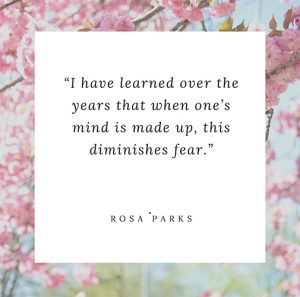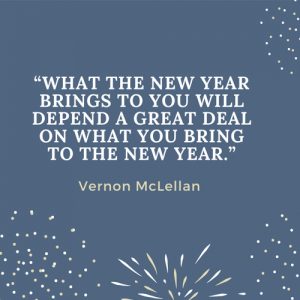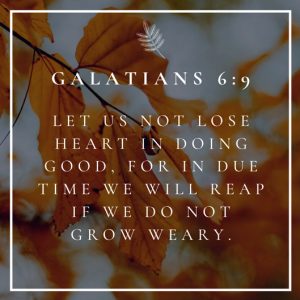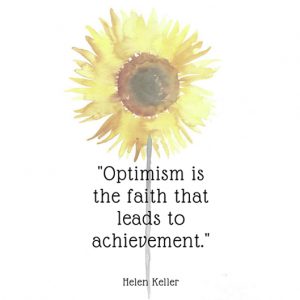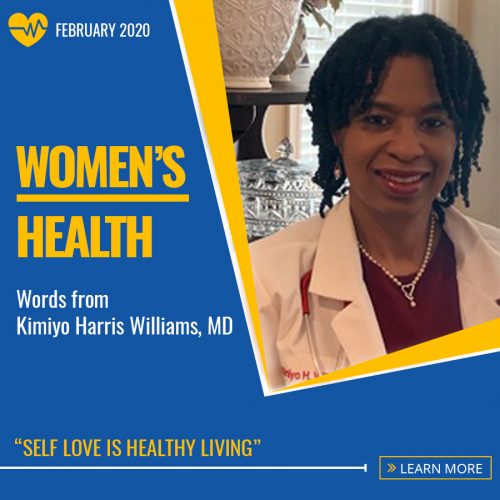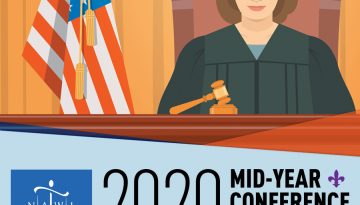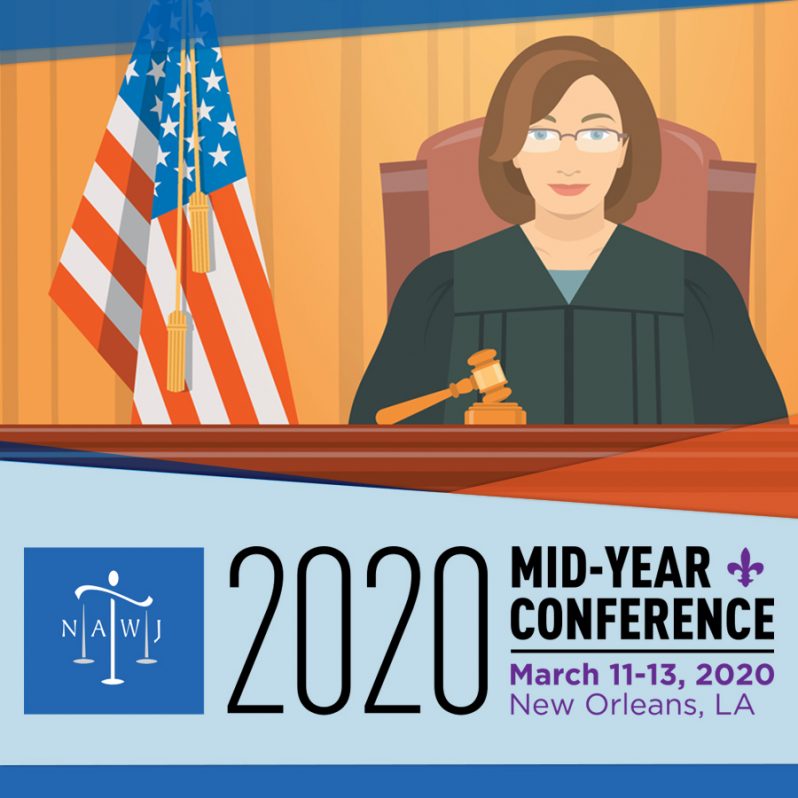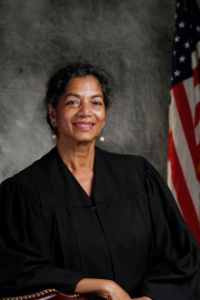People of Louisiana – Schools (March 2020)
LACY BEHL
LACY BEHL How One Teacher’s Experience with War Shifted to a Life of Advocacy
At seventeen I signed my life away to the Army (as my mother would say it). It was 1999, Clinton was president, it was an all-volunteer force during peacetime operations, and I was given a promise of free college once I completed my enlistment. It was the best way to see the world while leaving my small town behind.
Fast forward two years. September 11th. The unforgettable terrorist attacks on US soil rocked our world. Instantly the dynamics of the military changed. From what seemed like a usual work day to now conducting 24 hour guard rotations, to extensive vehicle searches, to racial profiling anyone that didn’t look “American.” Our training was no longer “check the box” and transformed into a do-or-die mentality. The thought of war is heavy for any person, but especially for a naive 19 year old that has never left the surrounding states, much less the country.
However, the military is known for taking away any sense of your individuality to build you up as a part of the big machine. It is necessary for survival and mission completion to be of one mind. Learning our enemy’s tactics and insight in their behavior was a necessity to complete the commanded mission, but it also led to learned hatred, ethnocentrism and distrust. This was what the future of my military career looked like: war.
Shortly after 9/11, we were conducting peace keeping exercises in Egypt to remain allies while we concurrently bombed Afghanistan. My first time out of the country was to a place completely different from anything I’ve ever known. Instead of excitement to possibly see one of the wonders of the world, we were watching our backs and learning how to dehumanize the entire Arab culture. Because of the actions of extreme terrorists, we generalized all Arabs and Muslims as the enemy. We were not trained to commiserate or have empathy; characteristics that would only cloud judgement when the trigger needed to be pulled. Desensitization increased.
The next year would be spent with countless weeks and months at warfighter exercises to perfect our battle skills and ultimately prepare for the initial invasion of Iraq in 2003. There was no deciphering between our Commander-in-Chief’s involvement in Afghanistan or Iraq at this point, it was more so an attack of a culture, not just of the population of people that wanted to kill me and anyone with a western ideology.
We entered Iraq during one of the deadliest times, compounding the need to find fault in the people that wanted to kill us. Couldn’t they see that we would bring a life of democracy? That’s why we were there? To bring stability and a sense of humanity to an uncivilized corner of the Earth? Sure, if that’s what I needed to hear to keep my part of the big machine in motion.
War changes you. Not just from witnessing or being a part of atrocities, but from ALWAYS being on alert. I didn’t sleep for weeks because I was afraid that I wouldn’t wake up to the bombings to make it to the bunker in time. Over time, you just accepted that you were going to die and became numb in order to go through the motions. This carried on for 14 months.
I’d like to say that there was a magic number or formula given to bounce back to the naivety of my pre-combat days. “Oh, it’s been 6 months, time to move on.” For instance, if a Soldier has an injury and has doctor’s orders to rest for x amount of days, then they get double that time to be required to be fully mission capable. This wasn’t the case. Because we were one of the first rounds of Soldiers returning from combat, there were no measures in place like there are today. We didn’t learn how to reintegrate back to civilian life or how to drive down the interstate and not wonder if every piece of trash was a roadside bomb. It has taken years of evolving from a place of self medication to seeking professional help; to understand that I still have a purpose in this life and that I cannot find it at the bottom of a bottle. Through time, I obtained that “free” college education and a teaching certificate to better serve my country. I traded in my rifle for my podium and was set to teach tomorrow’s citizens.
I blissfully taught in the corner of my rural school, in a red state, where everyone thought like me. I was still blinded by ingrained bias but felt proud that I was falling back on all the fundamental experiences from my military career that made me “worldly.” But for the first time, it felt wrong.
It was my first year teaching, halfway through the year I received a new student that was Muslim. Initially, I drew upon my past experiences which could potentially be problematic. However, since becoming a new mom, my ability to empathize changed. Cultural relativism guided me in forming a relationship with this student. I had to quickly learn that I was no longer in the business of dehumanizing, but empowering. How could I do that with baggage full of old ideas and practices?
This student’s mother converted to Islam, married the student’s father, and together had a couple children. When things didn’t work out, and she filed for divorce, the student’s father and mother split custody. The child would tell me of the evil things her father would do to her mother. I was called as a character witness in a custody battle. It was no longer me against a culture. It was me standing up for MY student, a child, a human. I had immense fear standing before her father in court, juxtaposed to my immense love for my student. This was when the war started ending for me.
Fast forward 5 years. At this point I had started to receive accolades and awards for my work in education. I was traveling around the United States learning/teaching how to better implement STEM (Science, Technology, Engineering, Math) into the elementary classroom. Because of this innovative work, I was recruited by the 2019 LaSTOY to join STEM Revolution, a new company that trained teachers of the United Arab Emirates how to implement STEM into their schools.
I had to learn about their country to better connect with their teachers, so they can in turn better empower their students to make this shift in their curriculum. The UAE has quickly grown to a country that relies heavily on tourism. They have established themselves as a destination that builds attractions that are bigger and better than anywhere else in the world. They understand that when the oil runs dry, that they will need to rely on innovation and entrepreneurship to not only continue to attract tourists, but to be fully sustainable. This begins with providing opportunities for their students to practice design thinking and problem solving. Was I cut out for this?
I was on a 16 hour flight to Dubai to empower these teachers and share my knowledge and best practices. There I was, about 12 hours into the flight when the air crew switched their language from English to Arabic, that I had a full on panic attack. The familiar smells, sounds, and sights of the desert starting pouring out from a place that I thought was tucked away forever. This was the first time that I had returned to the Middle East since leaving combat in war-torn Iraq. If it weren’t for the fact that the air crew wouldn’t go for it, I would have demanded the plane be turned around that instant. I would have given in to my fears (and had to endure another 12 hour flight back). All I could do was “soldier on,” push my insecurities aside, and continue mission.
I showed up to work the first day and tried my best to hide the plethora of emotions running rampant in my mind. When the women dressed in all black, only showing their eyes, filled the classroom, I questioned everything I ever knew about myself and the audience of hidden faces. I did the only thing that I knew how to when standing in front of a new class of students: build rapport. Almost every established teacher can tell you that you cannot not even think about teaching curriculum until you build relationships with your students. How can I do this? What if they found out about my past?
I inquired about their culture. I let them teach me. I was teaching them about STEM, but they were teaching me how to be human. I always thought they veiled their faces out of suppression. Quite the contrary! These beautiful women believe that when they have something to bring to the table, that their efforts and ideas are what is seen. They don’t want someone’s perception to be swayed by their outer appearance, but by their work ethic and character. These women want exactly what every woman and teacher wants: what’s best for their children, their students, and their country. Instead of finding all the ways that we are different, I was able to start seeing how we were all the same: human. I was teaching THEM how to use their country’s success to empower their students. I encouraged them to post pictures of the UAE’s first astronaut in space so that their students can see themselves in a successful role or profession just like that astronaut that looks like them!
The plane ride home was a much different experience. Instead of breathing heavily into a paper bag and my heart pounding, I used that time to reflect on how I can bring some of the lessons-learned back into my classroom. How was I going to teach and represent each culture in MY classroom? Do I only have posters of successful scientists and inventors that look like me and depict my culture? How can I change the environment that many different students from many different backgrounds share? How can I take my previous lack of cultural awareness and use that as a tool to educate my students at a far younger age than I learned? How can I create a space where everyone feels they can bring their gifts to the table?
Besides the wonderful travel experience and professional experience this trip afforded me, I learned more than I ever could on a personal level. This trip was a chance for me to begin to heal from my past story and create a new journey. I was able to reflect and learn about myself. I wasn’t going to beat myself up for the 19 year old me’s point of view, but use it as a place to grow from. I didn’t have to be stuck in the same mindset of living in fear of what I didn’t know, but as an opportunity to learn about mankind on a global level. What better way can I service my students than to bring that back to my classroom? To show my students that in order to advance mankind on a global level, it has to begin with checking our own beliefs and learned behaviors. It is about being honest with ourselves and facing the fear of difficult conversations. It’s about winning the war from within to bring peace to the world around us.
Even as I write this, there is a knot of anxiety in my chest recalling events that have been locked away. It is somewhat cathartic knowing that my struggles may help another. I find solace in knowing that I can turn something traumatic into a life of change.
